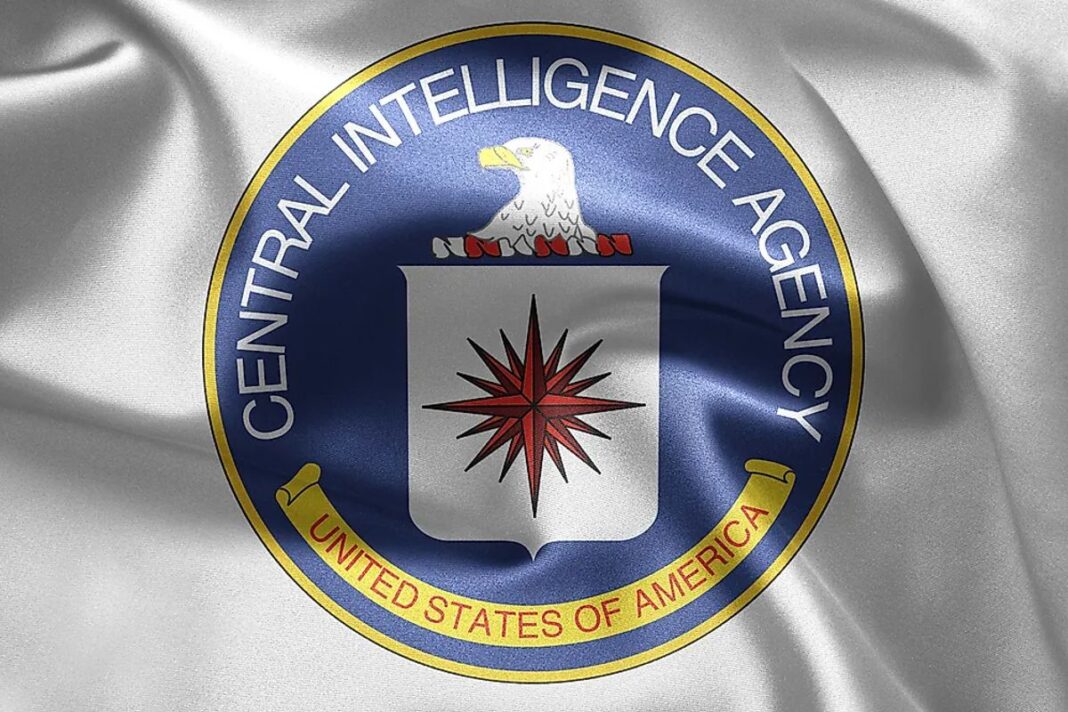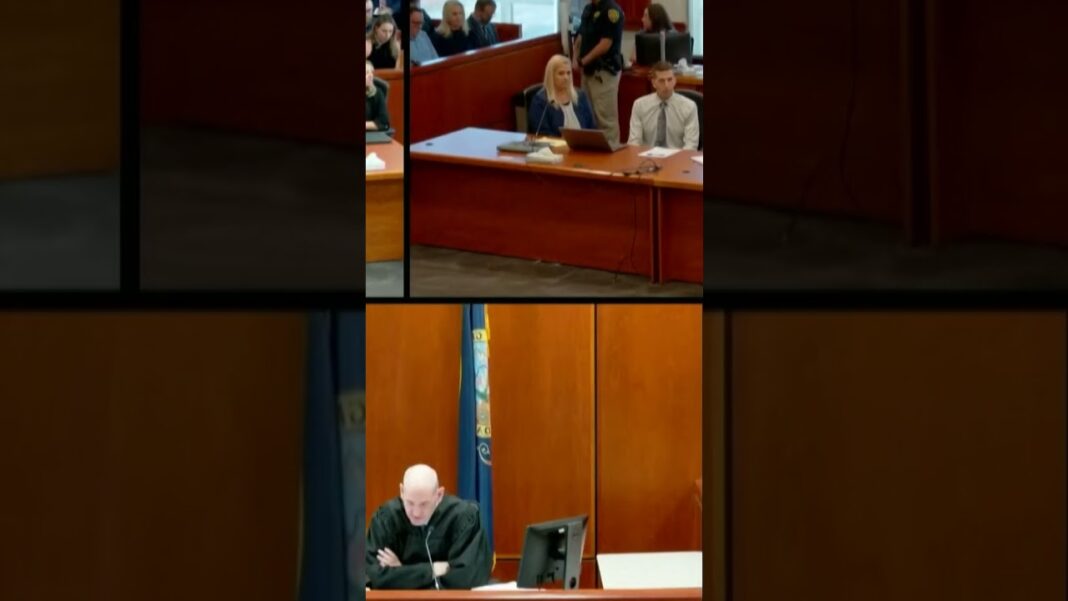The report urged that future assessments avoid political pressures, allow sufficient time for debate, and uphold strict analytic independence.
A newly declassified CIA review has concluded that the 2016 U.S. intelligence assessment that Russia sought to help then-candidate Donald Trump win the presidential election was influenced by political pressures, rushed timelines, and the inclusion of discredited information.
Nonetheless, the assessment was “deemed defensible” by the review team.
Released on July 2 by CIA Director John Ratcliffe, the review details significant departures from standard analytic procedures in compiling the 2016 Intelligence Community Assessment (ICA) on Russian election interference, a declassified version of which was publicly released in January 2017.
Ratcliffe’s newly released review found “multiple procedural anomalies” in the ICA’s preparation.
It accuses former CIA Director John Brennan, former FBI Director James Comey, and former Director of National Intelligence James Clapper of exerting “excessive involvement” in the drafting process in a manner that career analysts described as “chaotic,” “unconventional,” and with “a potential political motive.”
“All the world can now see the truth: Brennan, Clapper, and Comey manipulated intelligence and silenced career professionals—all to get Trump,” Ratcliffe said in a statement.
“Under my watch, I am committed to ensuring that our analysts have the ability to deliver unvarnished assessments that are free from political influence,” he added.
The new review was prepared by career professionals in the CIA’s Directorate of Analysis. It scrutinized the procedures and analysis behind the high-profile assessment, which had concluded with “high confidence” that Russian President Vladimir Putin and the Kremlin “aspired” to help Trump win the presidency by using every possible opportunity to discredit Trump’s opponent, former Secretary of State Hillary Clinton.
Ratcliffe said in a statement posted on social media platform X that the CIA review came amid efforts to “end weaponization of US intelligence,” and that the 2016 intelligence assessment was carried out through an “atypical and corrupt process.”
By Tom Ozimek








